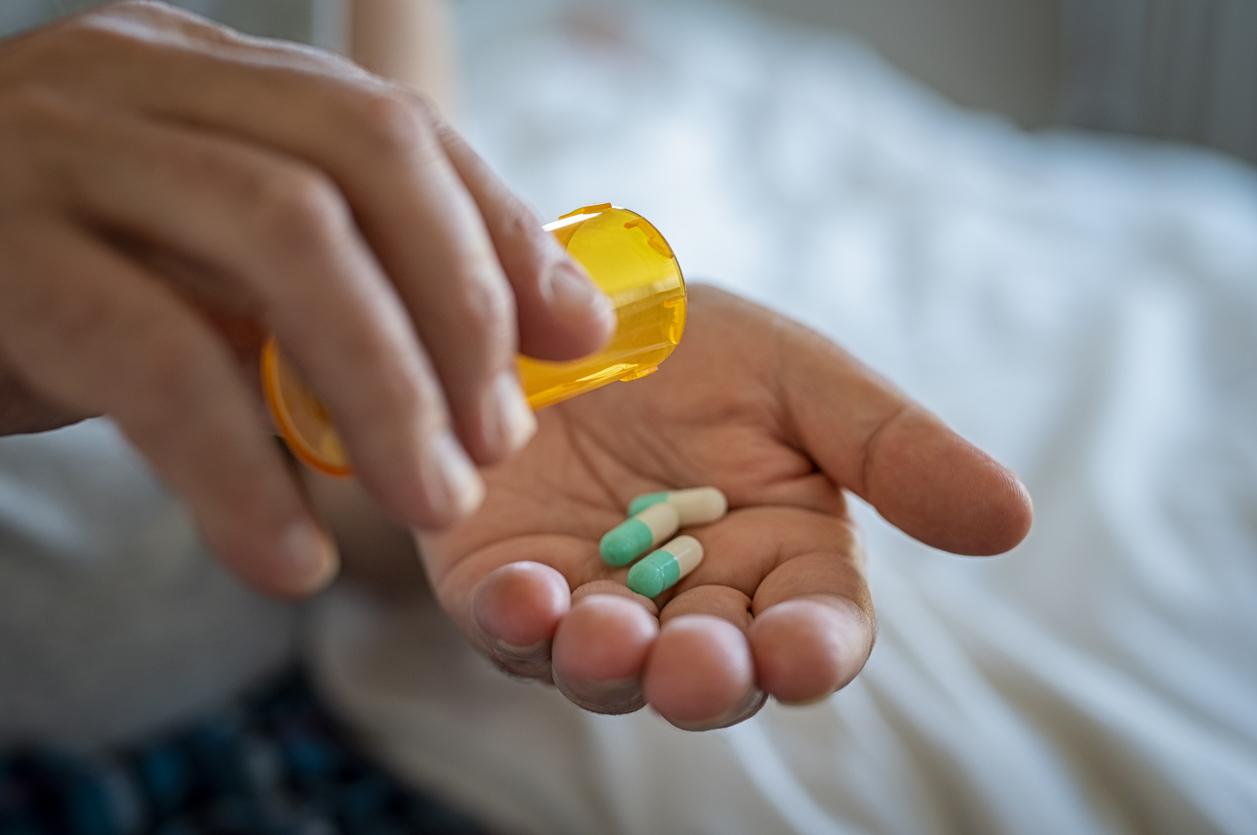Since this summer, patients who refuse a generic no longer benefit from third-party payment in pharmacies. But some primary funds would apply this device abusively.

No generics, no third-party payment… In pharmacies, it is now the rule. If a person refuses the generic offered by the pharmacist, he must advance the costs and will be reimbursed later by health insurance. This provision, which was already tested in a few departments, was extended this summer to the whole of France. The idea is to facilitate the work of the pharmacist, who must, from a prescription, make the substitution between an originator drug and a generic.
But this device knows some abuse. Some primary funds (Cpam), as in Paris, apply this new rule to people who have the mention “non-substitutable” (NS) on their prescription. This statement is specified by the doctor when he does not want the pharmacist to issue a generic instead of the brand-name drug prescribed.
“We received several phone calls in July and August from people who were denied the advance fee waiver because their prescription had NS in front of a product. However, they are entitled to it, as the social security and public health codes still stipulate, recalls Stéphane Gobel, the coordinator of Santé Info Droit, the legal information line of the CISS, the inter-association collective on health.
Listen to Stéphane Gobel, coordinator of Info Santé Droit, which recalls the rules in force: “NS is a derogation” from the generic agreement
This exaggerated interpretation of the device would be limited, according to the security. “These must be isolated cases, we have reframed things during the summer,” says one at the national health insurance fund (Cnam). But on the side of the CISS, the concern remains. “We received calls from 7 different departments. A few days ago, a member of the team saw a document on the front door of a pharmacy in Paris from the primary cash register which prohibits the exemption of advance fees even in NS cases ”, testifies Stéphane Gobel.
A crisis of confidence in generics
These differences with the rules of law testify to the pressure which intensifies on the credits. With the crisis, the time has come for all-out cost hunting. Health insurance seeks to achieve savings of 2.2 billion euros to contain the increase in health spending in 2013.
One of the avenues is to increase the rate of use of generics, which is only 72% today, on average, in France, against nearly 80%, two more years ago… In 2011 , 1.4 billion euros of expenditure were avoided at the national level thanks to them, we must therefore go further.
The objective of substitution by pharmacies has been increased, the bar to be reached is 85%. And the Cpam put pressure on pharmacies. This summer, in Deux-Sèvres, a pharmacist was penalized for not having issued enough generics. In this case, the managers of the pharmacy defend themselves by explaining that the doctors abuse the mention “not substitutable”. An argument that is often echoed by pharmacy unions.
It is true that the generic is experiencing a crisis of confidence with a certain number of doctors. The Academy of Medicine indicated last February in a report that the change of excipient may cause “allergic reactions”. But for all that, do doctors abuse the NS mention? No, health insurance looked at more than 12,000 prescriptions issued in nearly 8,000 pharmacies throughout the country. “The results of this study show that the rate of mention “not substitutable” for the product line is only 4.2% on the prescriptions analyzed, testifying to an infrequent use of the NS among doctors “, Frédéric van Roekeghem indicated last June the director of Cnam.
In this suspicious context, the CISS would like to point out that it is not opposed to generics and the principle of substitution. But the collective wants the law to be respected and the user to be well informed.
Listen to Stéphane Gobel, “For us, it is important that the user can know whether the proposed generic is an auto-generic, an essentially similar drug, or an assimilable drug. “
.

















